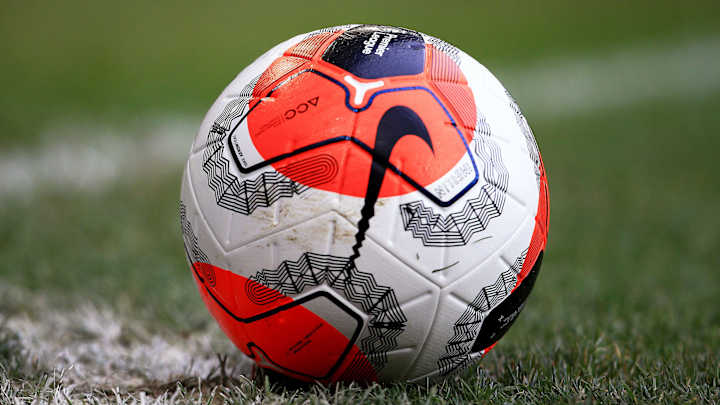Premier League's Potential Return: Neutral Grounds, Wide Testing But No Rash Decision

Another meeting, and another decision to have another meeting. After four hours of talks on Friday, the 20 Premier League clubs will meet again next Friday to discuss whether and how the 2019-20 season can be brought to a conclusion. This is an entirely reasonable position to hold: it is a fluid situation, and in the absence of firm guidelines from the government, formulating plans and waiting to see if and when they can be put in to action is pretty much all they can do.
If anything, the past couple of weeks have only brought additional confusion. The Dutch league has come to an end after the prime minister of the Netherlands, Mark Rutte, moved to outlaw all public events until Sept. 1. Dutch clubs had little option but to abandon the season, and while Cambuur and De Graafschap, who occupied the promotion slots, could feel hard done by after positions were frozen with no promotion or relegation and no title awarded, the decision has been generally accepted. Dutch football is different to English football, though, in being far less reliant on television rights.
French prime minister Edouard Philippe made a similar announcement this week, but there seems rather more resistance among French clubs, with potential legal action being threatened over the outcome. The big draw is that a far more lucrative television deal has already been signed for last season, but some clubs are thought to be unhappy at the deal reached by the league for the broadcaster for 2019-20 to pay on a pro rata basis for games that have been played.
Meanwhile, Germany and Italy are preparing for football to begin again, with the Bundesliga hopeful of resuming later this month. While Germany, which has successfully kept the death rate down with an efficient and widespread testing program, is perhaps better placed to start loosening the lockdown, there is little consistency of response, nor correlation between respective death rates and how governments are preparing for a return to something approaching normality.
What can be said of the British government is that it has been very reluctant to ban anything outright, which is one of the reasons it has been criticized for imposing the lockdown as late as it did. What that means for football is that it’s very unlikely there will be any express prohibition on playing matches. More than that, in fact, the government seems keen for football to start up again and it was notable that the statement made immediately after the meeting, affirming a commitment to finishing the 2019-20 season “when safe to do so,” included gratitude to the government.
The prospective date for a return remains June 8, although it’s understood that could change. Much of the discussion on Friday seems to have been less about the specifics of the plan for regular testing and a hygienic environment than about the prospect of at least some matches being played on neutral grounds. West Ham and Aston Villa are believed to have been particularly opposed, while Brighton had already expressed its reservations, but some stadiums are considered unsuitable to play matches with appropriate social distancing measures.
But there are numerous concerns about a restart. That the games would initially have to be behind closed doors is a given, but there are three other obvious issues. Firstly, even if Premier League clubs sourced and paid for tests themselves, it’s impossible to justify players being given priority for testing ahead of key workers. Similarly, security and medical staff can only be allocated to football if there is no greater call for their services elsewhere. And then there’s the players: is it fair for them to be expected to live a quasi-monastic existence, isolated in a hotel or training facility, simply to get the season done, particularly when they would inevitably come in much closer contact with others during games than social distancing guidelines recommend?
None of those are minor concerns, but for now it seems that the Premier League will escape the fate of the French and Dutch leagues. The plan remains for it to return when it’s considered safe enough for it to do so and resources are not needed elsewhere. Quite what form it will take, where games will be played and whether the players will be happy to go along with it are other matters entirely.

An accomplished author of multiple books, Jonathan Wilson is one of the world’s preeminent minds on soccer tactics and history.